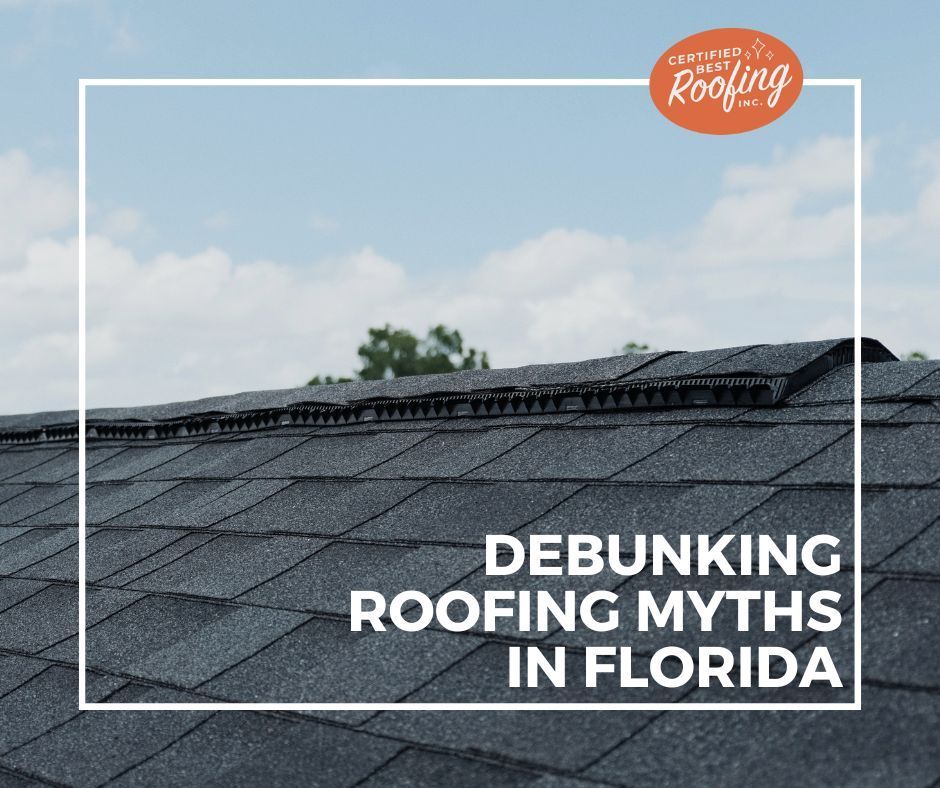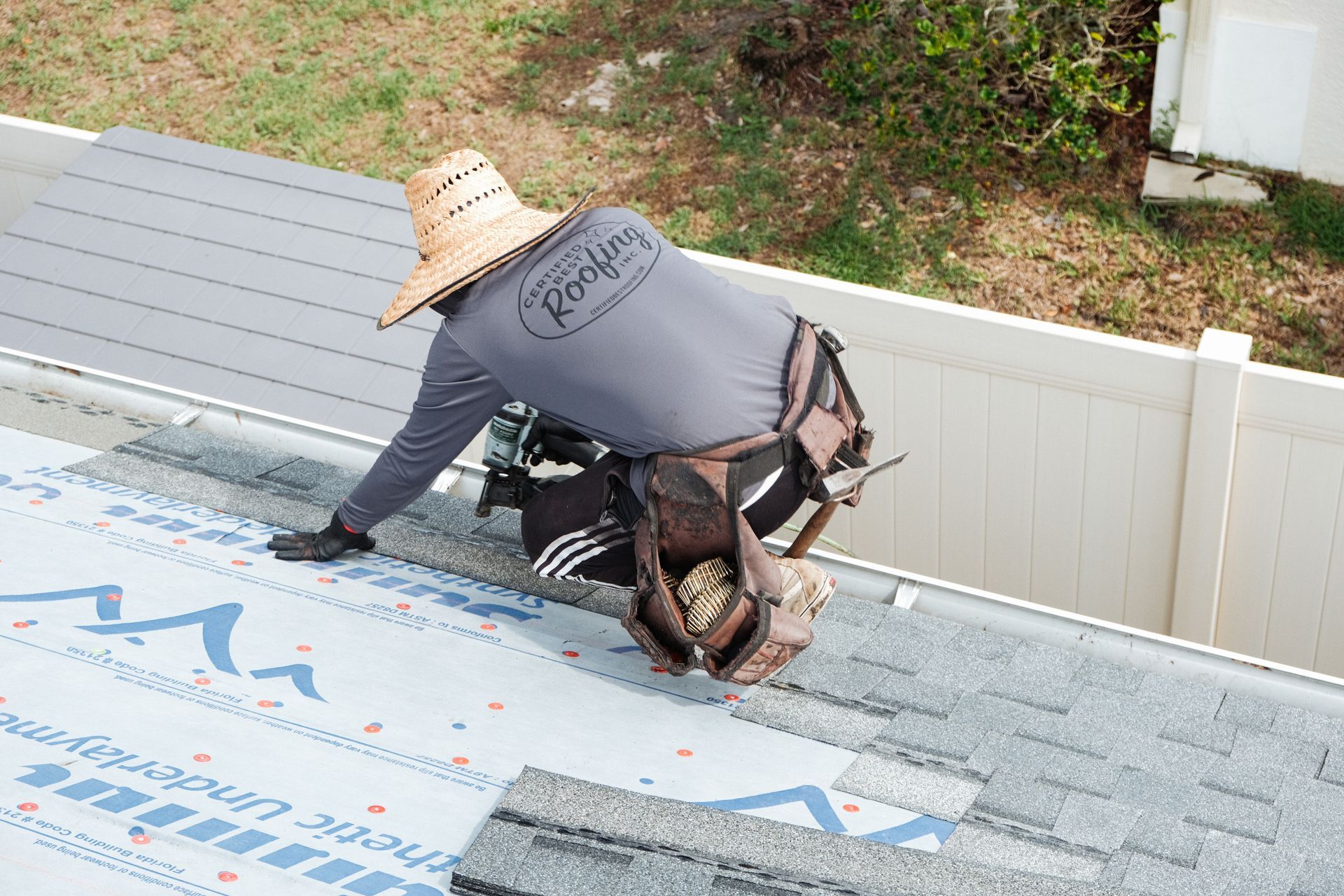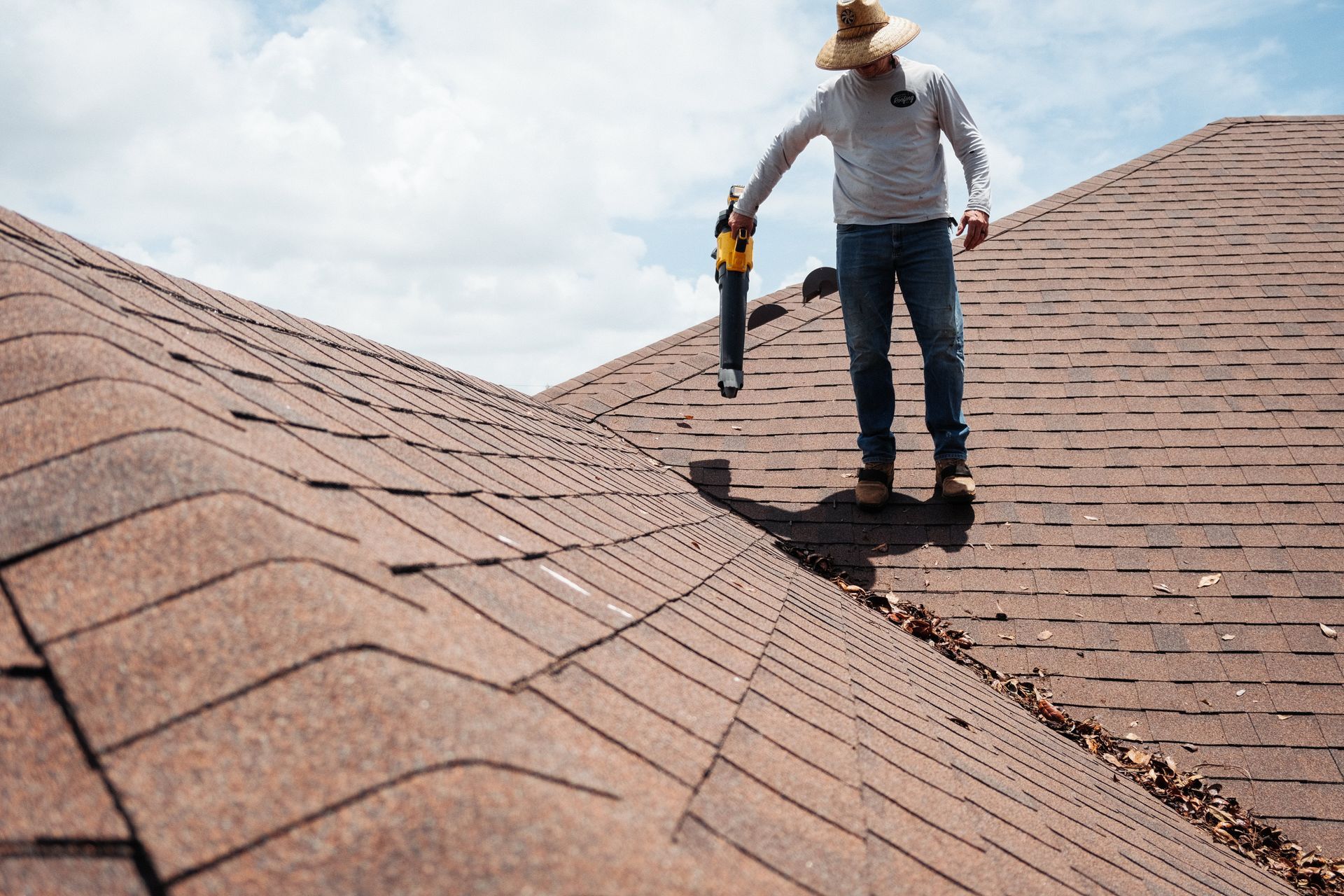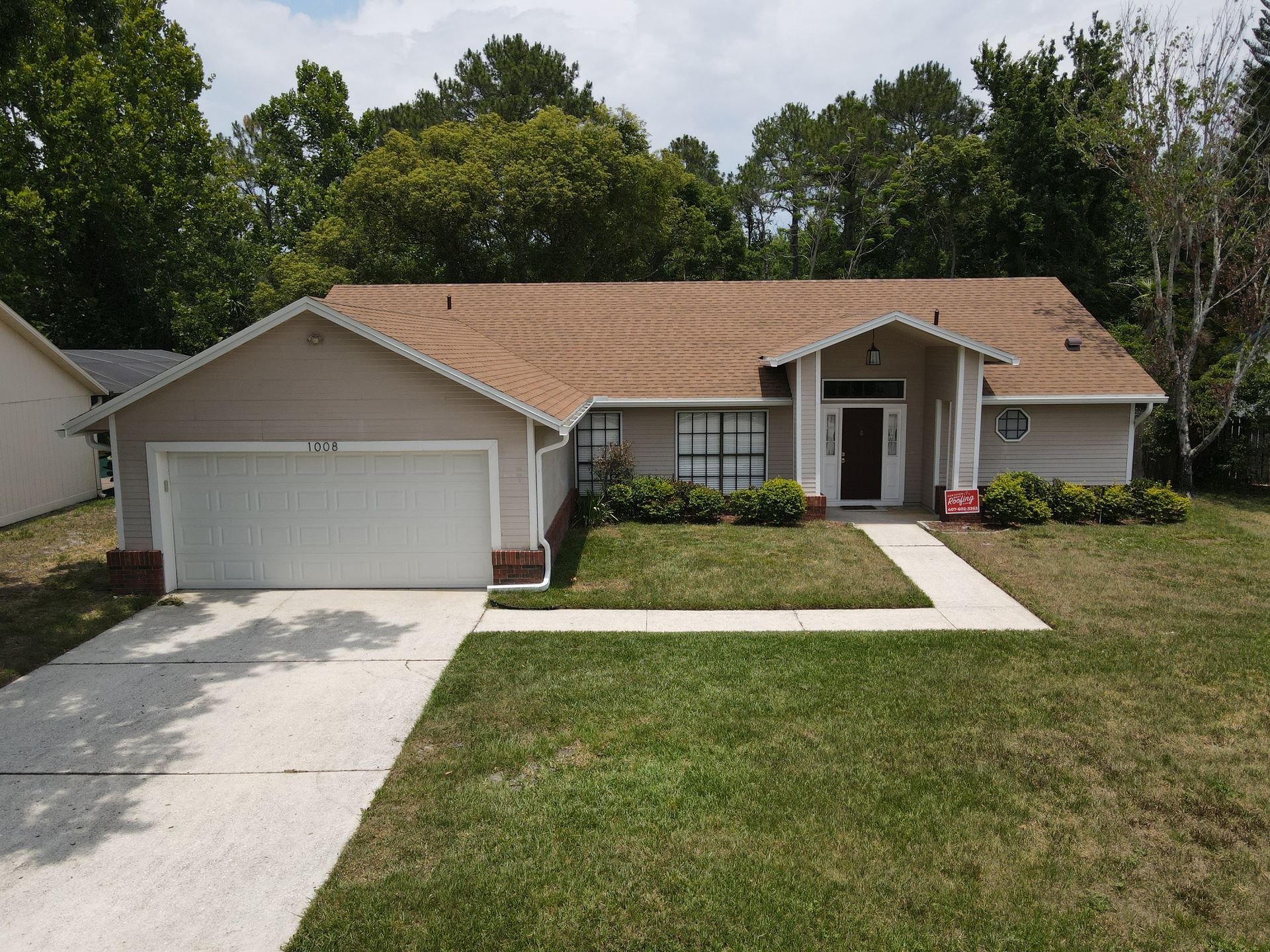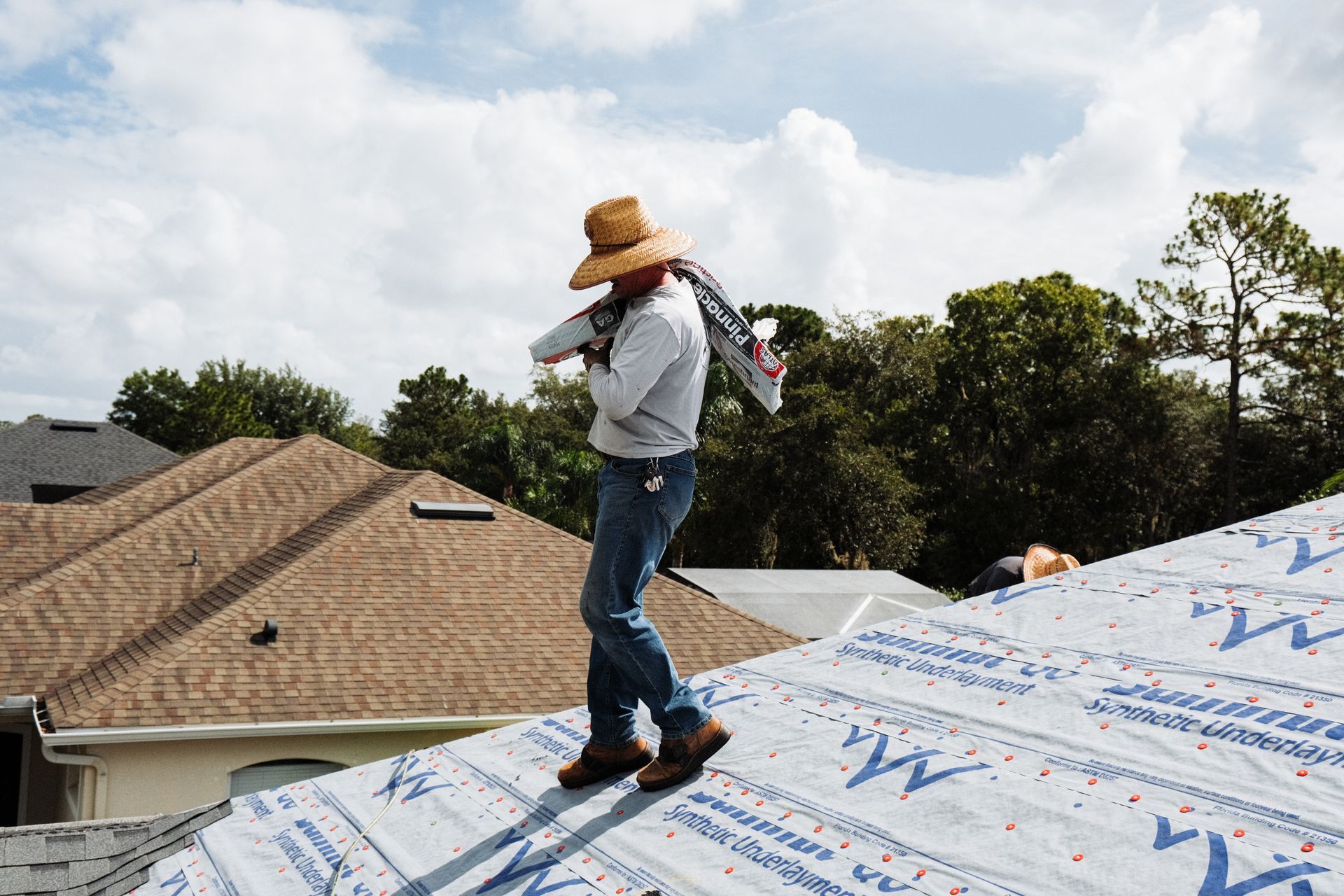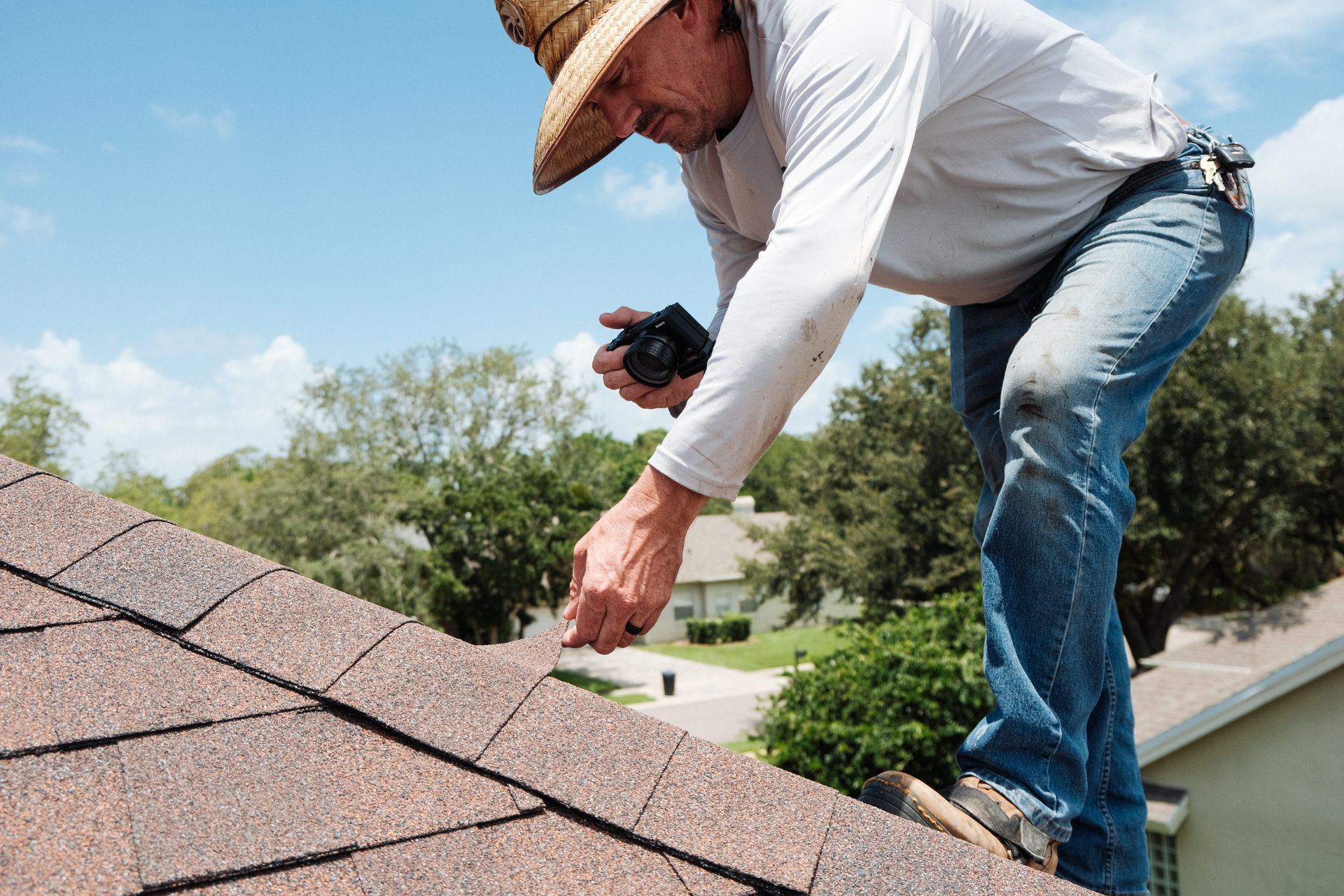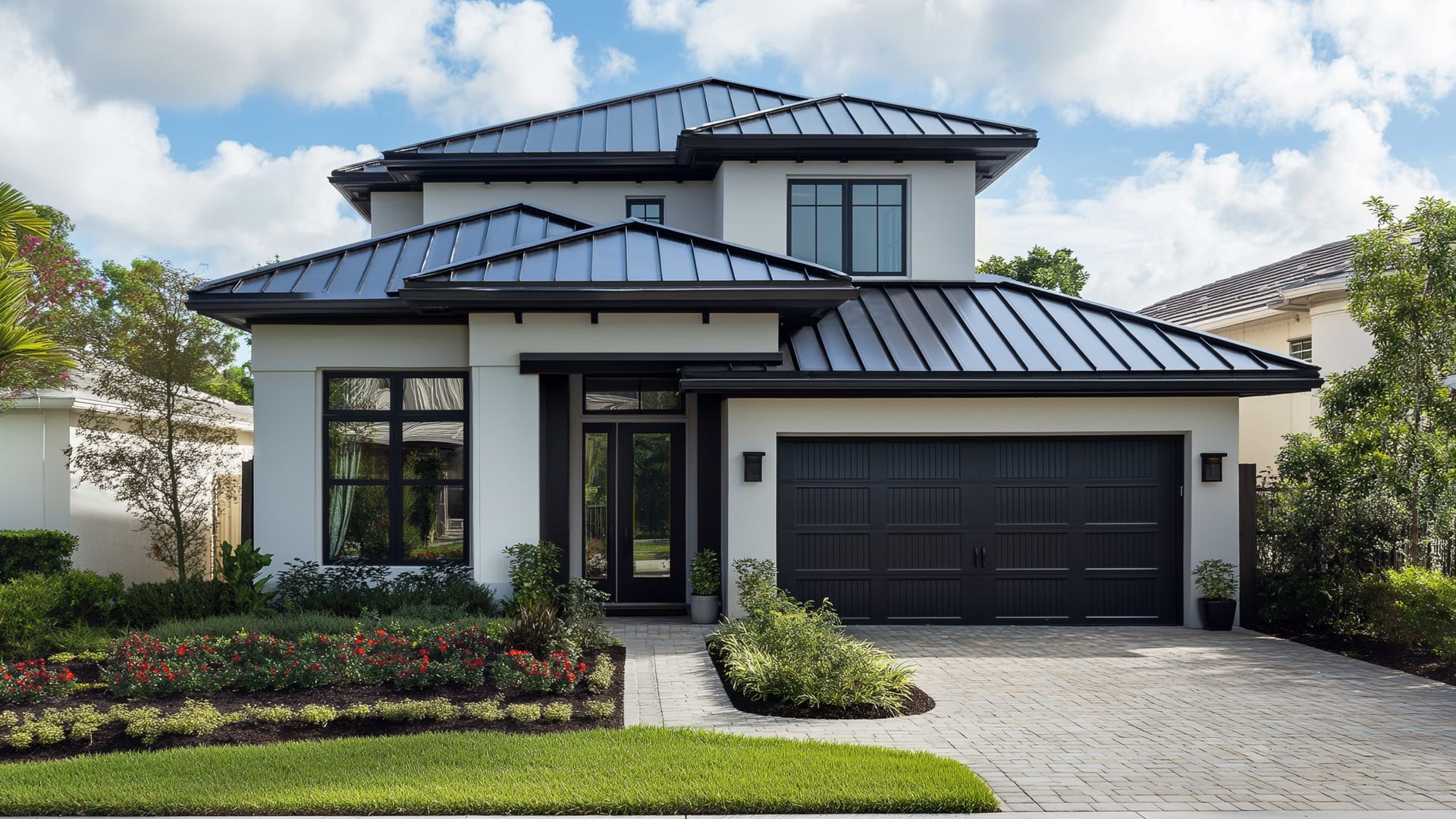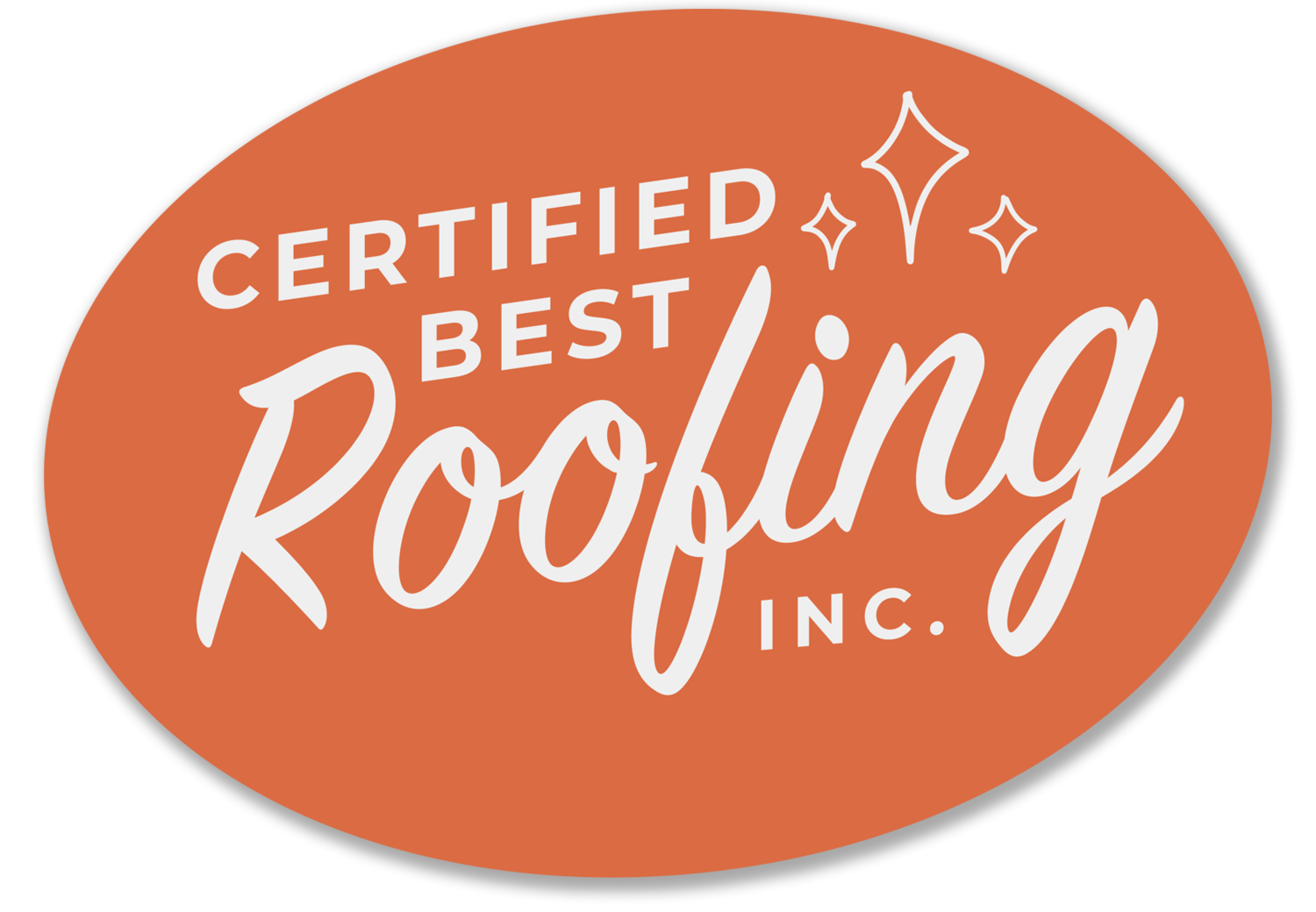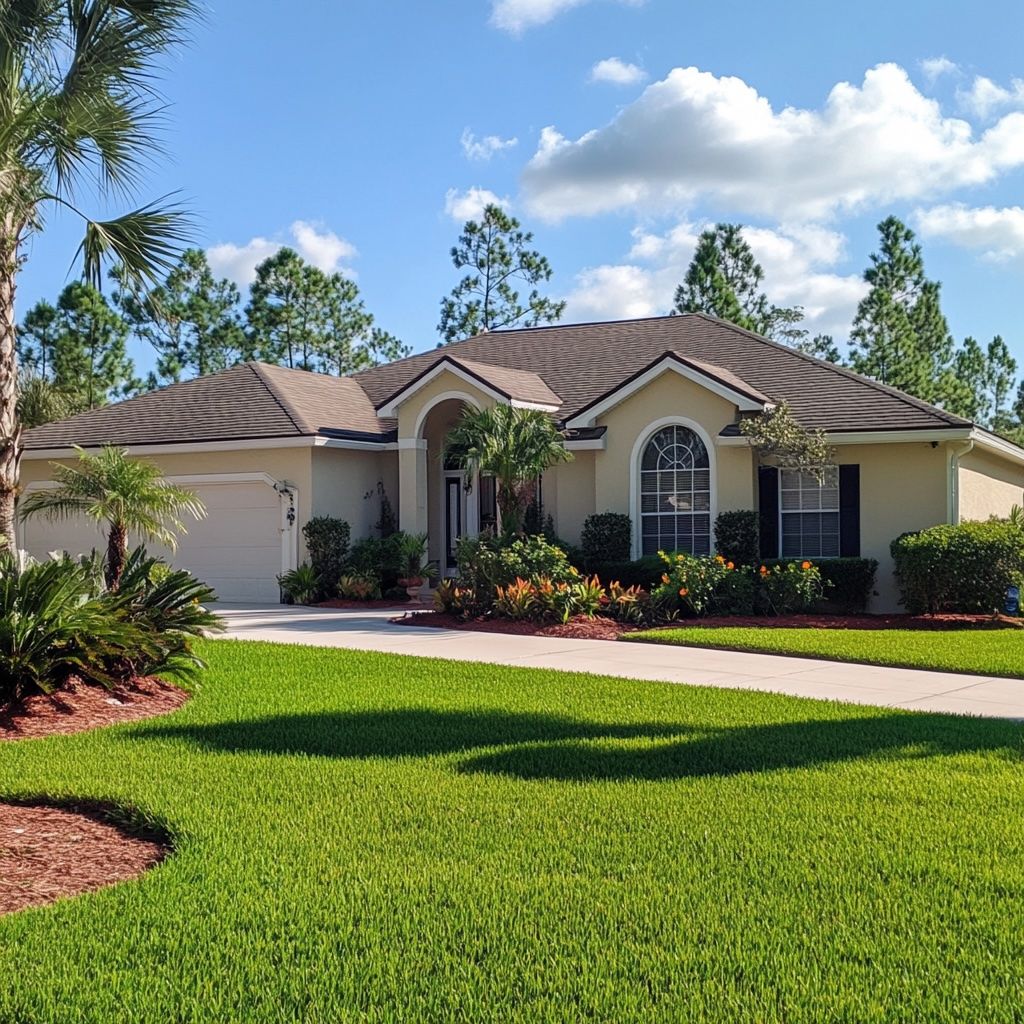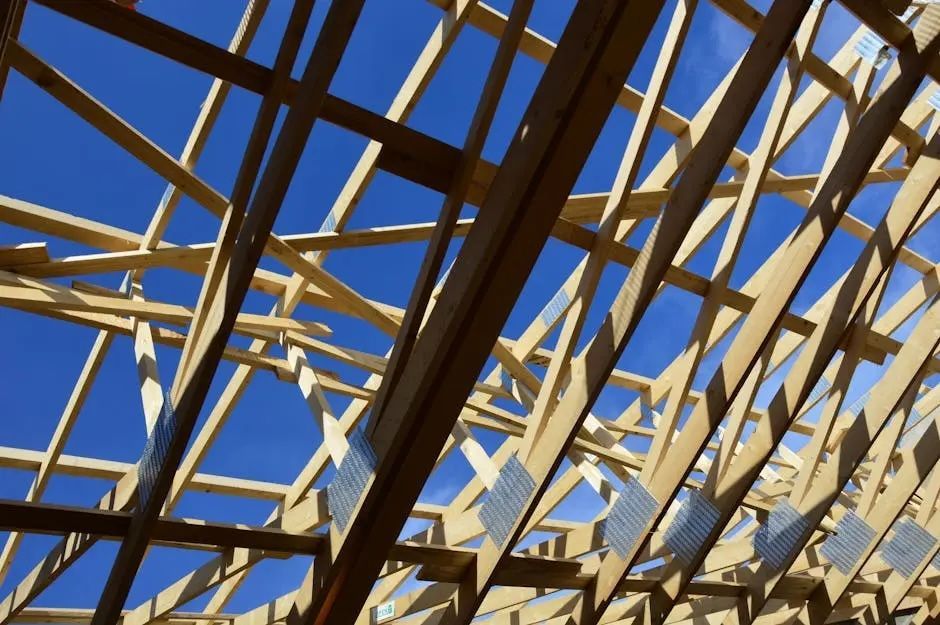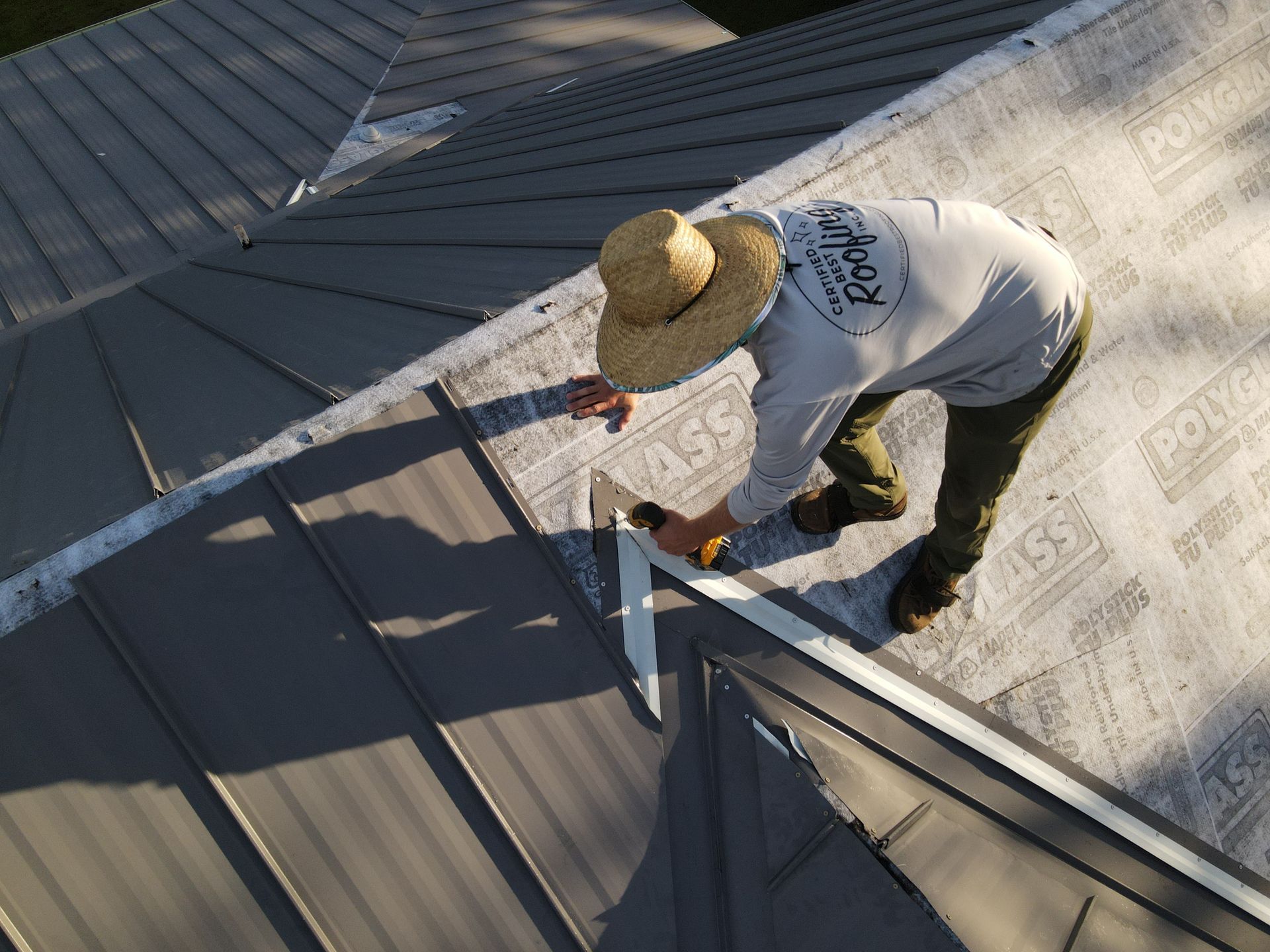Roof Replacement Controversy: Balancing Insurance Demands and Home Investment in Florida
Florida homeowners face a tough decision when it comes to their roofs. Insurance companies often push for a new roof after only 10 years, even if the roof still appears to be in good condition. On one hand, older roofs can be more likely to fail because they become brittle or worn out from years of sun, rain, and storms. On the other hand, many homeowners believe they shouldn’t be forced into a costly roof replacement when their 10-year-old roof is still working perfectly fine. In today’s market, you’re caught between paying higher insurance premiums—sometimes by as much as $1,500 a year—or replacing your roof sooner than you’d like. In this blog, we explore all the options so that you, as a Florida homeowner, can make the best decision for your situation.
Understanding the Insurance Pressure
Many insurance companies in Florida have policies that require a roof replacement after 10 years, regardless of its current condition. They argue that a roof over 10 years old has a higher chance of failure, and even a small leak can lead to bigger, more costly problems down the road. This policy can mean that homeowners are forced to get a new roof, even if their existing roof is still functioning well. For some, the idea of spending tens of thousands of dollars on a new roof seems unnecessary, especially if the roof has been well maintained.
The logic from the insurance companies is simple: if your roof is old, even if it looks fine, it might not perform well during a major storm. However, this “one-size-fits-all” approach does not consider the fact that roofing quality, proper maintenance, and local conditions can mean that a roof remains in excellent condition well beyond 10 years. Homeowners are left with the dilemma of either paying for a new roof they may not need right away or facing an annual premium increase that might eventually cost more than a roof replacement.
The Cost Breakdown: Roof Replacement Versus Insurance Premiums
Imagine your roof replacement costs $15,000, and you are forced to replace it after 10 years. That breaks down to an effective cost of about $1,500 per year. Now, consider that your insurance premium might go up by the same amount if your roof is considered “aging” or at higher risk. In some cases, homeowners might think, “If I’m already paying an extra $1,500 a year in insurance, why not put that money toward a new roof that gives me peace of mind?”
This cost comparison is an important part of the decision. On one side, you have the upfront expense of replacing your roof; on the other, the gradual increase in your insurance premiums. While a new roof is a big investment, it can also increase your home’s value and improve energy efficiency. Yet, if your roof is still in good shape, spending that money might feel like an unnecessary expense. Weighing these costs carefully is key—sometimes, the extra cost in premiums might be seen as an investment toward a future roof replacement.
Exploring Your Roofing Material Options
One major factor in this debate is the type of roofing material you have—or might choose if you replace your roof. Most Florida homeowners have asphalt shingles, which are popular because they are affordable and come in many styles. However, asphalt shingles may not offer the best long-term durability in the harsh Florida climate. They can become brittle over time due to constant exposure to the sun and salt air.
Alternatively, you could consider switching to metal or tile roofing if you plan on staying in your home for more than 10 years. Metal roofs are known for their strength and longevity. They can withstand hurricane-force winds and are less likely to suffer from the wear and tear that affects asphalt shingles. Tile roofs, whether clay or concrete, offer excellent durability and a distinctive look, but they may require more structural support due to their weight. The key is to choose a material that fits your long-term plans and the specific weather conditions of your area.
The Buyer’s Perspective: Selling a Home With an Older Roof
Another factor to consider is the impact on resale value. If you plan to sell your home before your roof hits the 10-year mark, a buyer might be hesitant to purchase a home with an older roof. Even if the roof is in excellent condition, potential buyers may worry about the possibility of an imminent replacement. This concern can lower your home’s market value and delay the sale.
For homeowners in this situation, investing in a roof replacement sooner might make sense—not just for protection, but also for maintaining or increasing your home’s value. A new roof can be a selling point, as it provides potential buyers with the assurance that they won’t have to deal with a costly replacement shortly after moving in. It becomes a matter of weighing the benefits of a new roof against the cost and the risk of premium increases if you choose to keep your older roof.
The Pros and Cons of Waiting
Deciding whether to replace your roof now or wait involves a careful look at both the condition of your roof and your long-term plans for your home. Here are some pros and cons of waiting:
Pros of Waiting:
- Cost Savings: If your roof is still in good condition, avoiding an unnecessary replacement saves you thousands of dollars in upfront costs.
- Maintenance History: A well-maintained roof that has been regularly inspected and repaired can continue to perform well beyond 10 years.
- Insurance Premiums: While insurance premiums might increase, some homeowners may find that these increases are more manageable than a new roof expense.
Cons of Waiting:
- Risk of Sudden Failure: Older roofs are more vulnerable to severe weather. A major storm could cause sudden damage, leading to emergency repairs or even full replacement, which can be more expensive when done in a hurry.
- Resale Challenges: An older roof can be a sticking point for potential buyers, affecting your home’s marketability.
- Long-Term Cost: Over time, the cumulative cost of higher premiums might equal or exceed the cost of a new roof.
Each homeowner must evaluate these factors based on their unique situation, including the current state of their roof, their financial situation, and their future plans for the property.
Making an Informed Decision
One of the best ways to decide whether to replace your roof or wait is to have it professionally inspected. A reputable roofing contractor can give you a detailed assessment of your roof’s condition. They can help you understand if there are any hidden issues that might soon require expensive repairs, or if the roof is still robust enough to last a few more years. This inspection is critical to making an informed decision and should be part of your regular home maintenance plan.
Talking to your insurance provider can also shed some light on the situation. Ask them how your current roof affects your premium and if a replacement might qualify you for any discounts. Understanding the full picture will allow you to weigh the cost of replacement against the ongoing expense of insurance. Sometimes, the numbers may show that the extra premium you pay each year is essentially an investment toward a new roof, especially when you consider the potential for sudden, high-cost repairs if the roof fails.
Exploring Alternative Roofing Options
If you’re on the fence about a full roof replacement, consider exploring alternative roofing options. Some homeowners choose to upgrade certain components rather than replacing the entire roof. For example, you might reinforce your current roof with new underlayment or upgraded flashing, which can improve its resistance to harsh weather without the expense of a full replacement.
Additionally, there are options like roof coatings that can extend the life of your existing roof. These coatings add a layer of protection against UV rays, moisture, and minor wear and tear. They can be a cost-effective solution for homeowners who plan to stay in their homes for a shorter period but still want to maintain a well-protected roof. However, these options come with their own limitations and may not provide the same level of protection as a complete roof replacement using modern materials.
Weighing the Benefits of a New Roof
For those who plan to stay in their homes for the long term, investing in a new roof may be the best option. A new roof not only improves the safety and durability of your home but also enhances its appearance and value. Modern roofing systems come with advanced features such as algae protection, improved insulation, and impact resistance, which are particularly important in Florida’s climate.
While a 25-year roof might seem like overkill if you’re only planning to keep the roof for 10 years, it’s important to consider the quality and benefits that come with a higher-end product. Even if you replace your roof after 10 years, the improved energy efficiency and durability can reduce maintenance costs and potentially lower your insurance premiums. The decision ultimately comes down to your priorities: whether you value short-term savings or long-term stability and peace of mind.
A Transparent Conversation About Your Options
At the end of the day, there is no one-size-fits-all answer. The roofing dilemma facing Florida homeowners is complex, with valid points on both sides. Insurance companies push for early replacement to reduce their risk, while many homeowners feel that a well-maintained roof does not need to be replaced if it’s still performing well. Our goal is to help you understand your options and the pros and cons of each path.
It’s important to have a transparent conversation with your roofing contractor. Ask questions about your roof’s current condition, the materials they recommend, and how those choices might impact your insurance and home value in the future. A good contractor will provide you with all the facts and help you make the decision that’s best for your circumstances. Remember, your roof is a major investment in your home’s safety and value. Taking the time to weigh all the options now can save you from costly surprises later.
Final Thoughts
Florida homeowners face a unique challenge when it comes to roof replacement decisions. With insurance companies pushing for new roofs on structures as young as 10 years old and the high costs associated with a full replacement, it’s understandable to feel conflicted. Whether you choose to replace your roof now, wait while paying higher premiums, or explore alternative solutions, the most important thing is to make an informed decision that aligns with your long-term plans for your home.
We encourage you to gather all the information, consult with trusted professionals, and consider the overall cost versus benefit. Remember, the goal is to protect your investment while balancing immediate costs with long-term savings. If you have any questions or need advice on the best approach for your specific situation, don’t hesitate to reach out. Our team is here to help you navigate this complex decision with honesty and expertise.
By staying proactive and informed, you can ensure that your roof continues to protect your home—and your investment—no matter what challenges the future may bring.
"Not sure which option is best for you? Contact us today for a free roof inspection and expert advice on protecting your home in Florida's challenging climate!"
